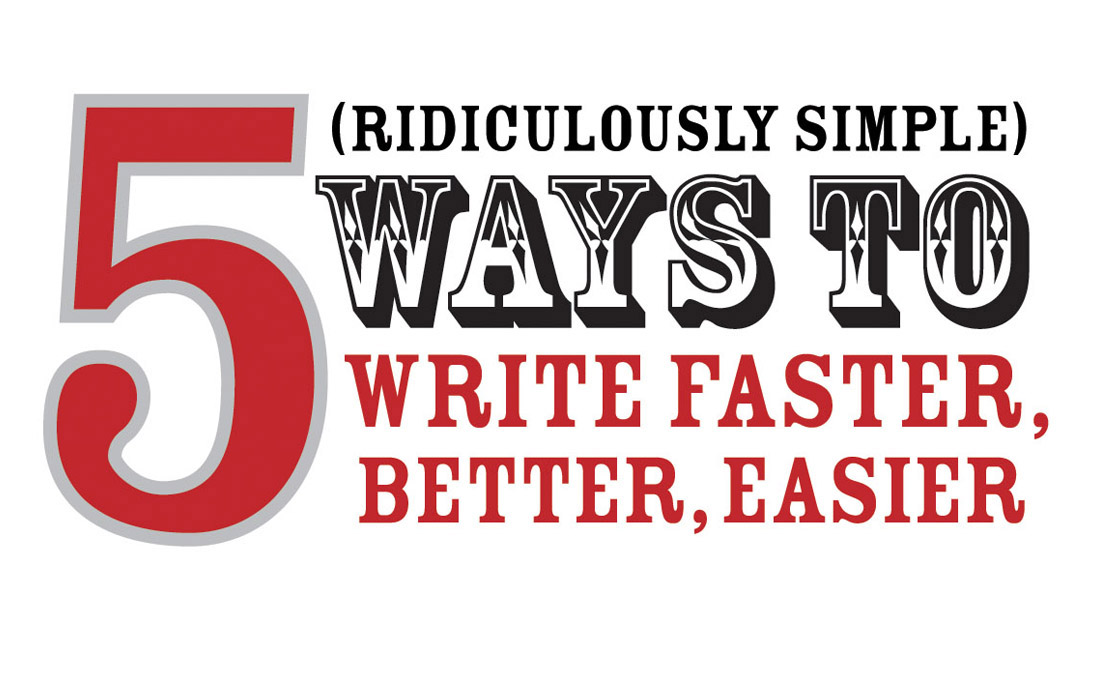Tips on Storytelling from Ira Glass
 Wednesday, March 14, 2007 at 07:50PM
Wednesday, March 14, 2007 at 07:50PM Veteran radio personality Ira Glass, host of This American Life, has a four part series on storytelling. Ira's ideas are accessible for everyone...regardless of your profession.
Here a quick rundown...
Part 1. The Two Building Blocks of Stories.
1. Use the power of the anecdote. Tell a sequence of events; first this happened, then this, then that, etc.
2. Raise questions to create moments of reflection.
Part 2. Discovering Great Stories is Hard Work.
1. The amount of time to produce a story in the edit room takes just as much time to find a great story.
2. Kill the story to make something else better live. If it doesn't work...quit. Move on to another story.
3. All video production is trying to be crap. You have to prop it up aggressively to bring the story to life. The nature of video follows the laws of entropy.
4. Video and audio production is about luck. You have to record a lot of stuff to make something memorable.
Part 3. On Good Taste.
1. We make TV because we have good taste.
2. In the beginning, it's not too good. And your taste tells you it's not good. We know if it falls short.
3. Do lots of work, put yourself on a deadline. Put yourself through a volume of work and close the gap between where you are and where you want it to be. Keep at it.
4. It takes a long time to get good.
Part 4. Two Common Pitfalls.
1. Just talk like yourself, be yourself. Don't try to be someone else. Don't imitate someone else, some famous personality. Talk like yourself.
2. Be interested in the world and the people around you. You are a part of the story, but don't be the main part of the story.
3. You need some drama, interaction with others, to make the story interesting. In other words, don't tell a story in a vacuum.
4. Have your character interact with other people to create some drama; some problem.
Don't miss these. Now go on...get out there and tell a story!
---Tom



Reader Comments